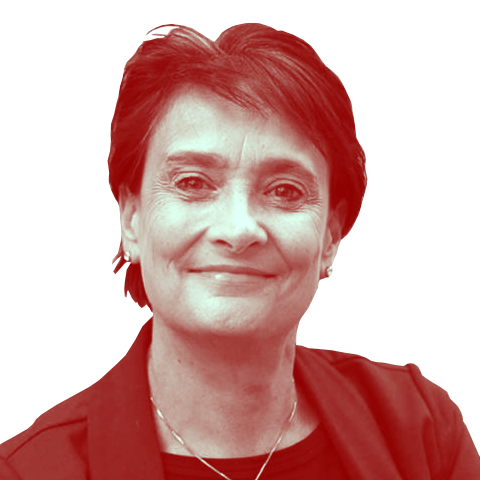Syria: the ongoing humanitarian challenge
This month the war in Syria entered its second decade. Yes that’s right, the conflict has now been going on for ten years. Whichever way you look at it, this is not just a tragedy, but a failure.
For all of those ten years Geneva has been at the heart of the diplomatic efforts to find peace in Syria, and, of course, at the heart of the humanitarian operation to bring some relief to Syria’s civilians.
The outbreak of war is always, in a way, a failure – of patience, of moral courage, sometimes of willingness to compromise. When a war lasts a decade, we all have to ask ourselves what went wrong, where did we go wrong?
That’s the subject of our Inside Geneva podcast this week, in which I talk to Ayman Gharaibeh, the UN Refugee Agency’s regional director for the Middle East and North Africa, Jan Egeland Secretary General of the Norwegian Refugee Council and former head of the UN’s humanitarian task force for Syria, and Fabrizio Carboni, the ICRC’s director for the Near and Middle East.

More
Syria ten years on: Were chances for peace missed?
All three are humanitarians, all three have spent the last decade devoted to Syria’s civilians, to trying to ensure they received a bare minimum of protection: food, for example, some medical help, the basics that civilians are supposed to be entitled to even in the midst of war.
As we know, those efforts were not always successful; a quick look at some statistics from Syria tell us that. Of its population of 24 million, 5.5 million have fled their country altogether, 6 million are displaced inside Syria. Almost half of all Syrians, then, have been uprooted by the war.
A survey by the ICRC of Syrian’s young people found that almost half had had a relative or close friend killed in the conflict, one in six had seen a parent killed or seriously injured. A staggering 62% said they had had to leave their homes because of the war.
These statistics would not be so horrific if the war had ended sooner, and Egeland believes there was at least one ‘lost opportunity’ to agree a peace deal.
Carboni, who has been to Syria many times in the last ten years, describes the destruction of its famous cities such as Aleppo as “apocalyptic”, and admits that what he witnessed there will “stay with me for the rest of my life”.
Sign up! The latest updates from International Geneva – in your inbox
And Gharaibeh warns that, ten years into the conflict, there is a generation of young Syrians, now living in Lebanon, or Jordan, or Turkey, who have “no connection with their mother country”. While their parents may yearn to return, displaced Syrians under the age of 15 barely have a memory of what home is.
Political solution
So who did fail Syria? Humanitarians like my podcast guests have all repeatedly stressed the need for a political, diplomatic solution to the conflict. They may be devoted to their jobs, but no one, Gharaibeh points out, wants to have to deal with the same vast refugee crisis for ten long years.
But the political solution remains elusive. There may be less fighting in Syria, but there is certainly no peace. Egeland puts the real blame firmly on the “men with the guns” but also suggests the big powers could have done much more to get behind a peace plan in the first two years of the conflict.
Those same powers are now, of course, wrangling about who should pay for Syria’s reconstruction. Its schools, its hospitals, its homes, its towns, villages, and cities are in rubble. There is not a chance of sustainable peace, and certainly no viable way for the millions of refugees to return home, without support for reconstruction.
And so later this week, the major humanitarian agencies will take part in the 5th Brussels conference on “Supporting the future of Syria and the Region”. They will ask the international community, again, to support a comprehensive and credible political solution to the Syria conflict, they will ask, again, for financial support for displaced Syrians and the communities hosting them.
As Gharaibeh warns in the podcast, “We may be in for another decade if Syria is not fixed”. And that would be the worst failure of all.

In compliance with the JTI standards
More: SWI swissinfo.ch certified by the Journalism Trust Initiative

You can find an overview of ongoing debates with our journalists here . Please join us!
If you want to start a conversation about a topic raised in this article or want to report factual errors, email us at english@swissinfo.ch.